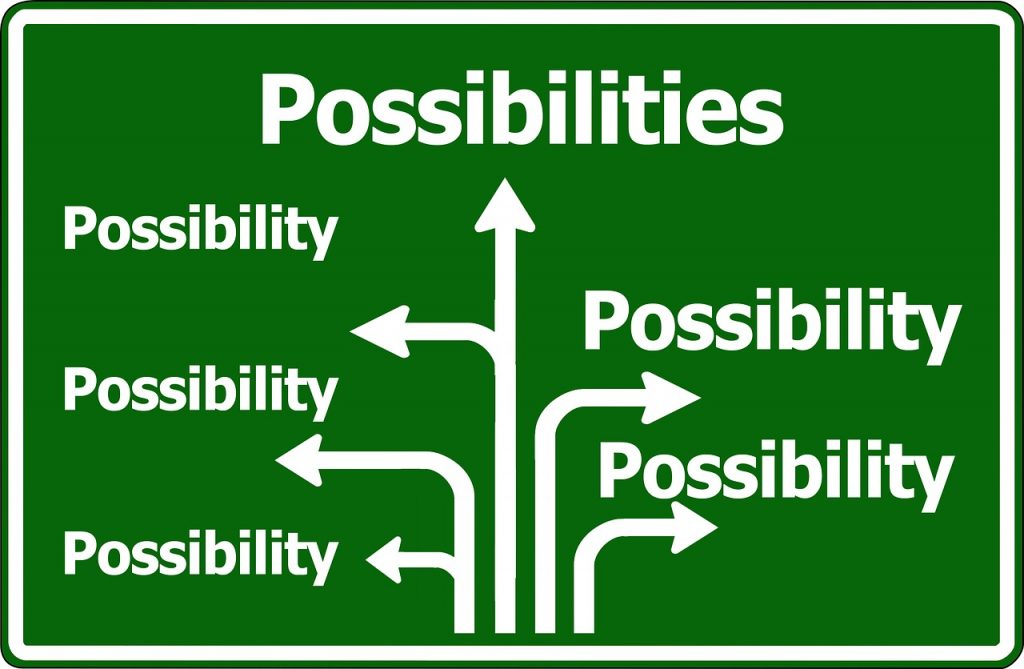Maximising Choice and Control

More than for most disabilities, the effectiveness of a support service for people with a psychosocial disability depends on the individual people involved. Especially when it comes to support work, the right person is almost always more important than the ‘right’ training and experience.
Over the last fortnight, we have sourced and presented potential support workers to several of our participants. Each of those participants has chosen their preferred worker and those workers are now starting to work with these participants.
Really interestingly, in each case the selected support worker has been a self-employed person (as against someone working for an agency). This is very consistent with the guiding mantra of the NDIS – ‘Choice and Control.’ When a participant is presented with a variety of self-employed support workers from whom to choose, they know they are choosing the actual individual who will be assisting them. When a participant chooses from a range of support agencies, they know the agency but usually cannot see the actual worker that they will receive. So, the extent to which a participant can exercise choice and control is greater when the service provider is self-employed and therefore be easily identified.
Over time, we can hope that there will be an increasing number of self-employed people providing NDIS services. This is certainly encouraged by the design of the NDIS system, and especially its pricing. The NDIS is simply not priced to sustain large providers with heavy loads of management. The pricing is clearly designed to ensure that NDIS money is only used to fund people who actually provide the service, with a relatively small ‘overhead’ to help those frontline staff be engaged efficiently.
Put simply, the NDIS does not want to fund a ‘C Suite.’ (In the commercial world, a ‘C-suite’ is a bunch of people whose titles all start with the word ‘chief.’ Their job it is to manage the next level of managers).
Recently, a large mental health NDIS provider stated on its website that it had used 50% of its balance sheet subsidizing its NDIS operations in the first four years of operation. When you examine that balance sheet, you see that those assets started at more than $20 million. So, 50% means at least $10 million has been spent (and is now gone). No surprise to learn that the organisation has a five-person executive overseeing its operations. National managers manage state managers, state managers manage local managers, local managers manage team leaders. Team leaders manage frontline staff. This all costs a fortune and means that most of the management staff never see or hear from a participant.
NDIS pricing encourages smaller, local providers whose staff all work closely with participants. It encourages local small businesses run by the people who work in them. It discourages CEOs and the waste associated with corporate structures.
When I look at the design of the NDIS, I can’t help but think of 2006 Nobel Peace Prize winner Professor Muhammad Yunus. Professor Yunus is a Harvard-trained economist from Bangladesh who pioneered microfinance through what is now known as the Grameen Bank. Grameen’s loans are used as seed capital by poor Bangladeshis (98% of whom are women, as it happens) who start small businesses and trade their way out of poverty. Look Yunus up if you want to be inspired.
Yunus is a true believer. He has stated that “human beings are not born to work for anybody else… we are all entrepreneurs.” That’s why his bank makes small business loans and not personal loans. His true belief might be overstating it a little here in Australia – I know some very good service providers who choose to work for larger agencies. Usually, they simply do not want to have to manage their own tax! But Yunus is only overstating it a little. As Calm Consulting’s initial participants are proving, self-employed support providers can and do make a good living in the NDIS. That is a good thing. Even better, by allowing participants to know exactly who they are getting when they sign a service agreement, self-employed support providers also maximise choice and control for participants.
And that is not just a good thing. It is a great thing.